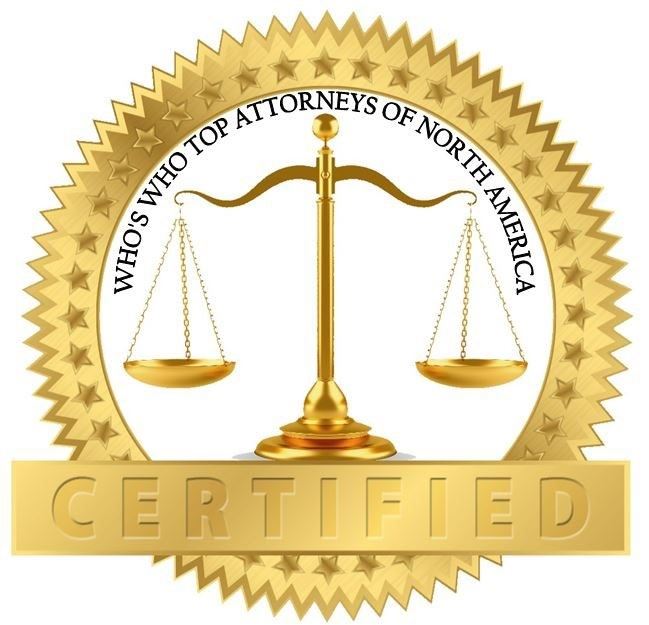
EEOC Conciliation
Employment Discrimination Lawyers Fighting for New York Workers
Employees subjected to illegal workplace discrimination may file a complaint with the Equal Employment Opportunity Commission (EEOC), which will investigate a worker’s claim. One possible outcome of the investigation is a process known as conciliation. During conciliation, employees may seek the help of an employment discrimination attorney. Workers throughout New York have asked Phillips & Associates to protect their rights throughout the EEOC complaint process, including conciliation negotiations.
Filing a Complaint with the EEOC
New York and federal law prohibit employment discrimination and harassment on the basis of sex, pregnancy, race, disability, and a multitude of other personal characteristics. If an employer violates one of the multiple laws that prohibit this conduct, the employee has the right to file an EEOC complaint, which is a formal complaint filed with either the EEOC or the corresponding state agency. This is the first step in pursuing justice for illegal harassment or discrimination in the workplace since employees are generally unable to file a discrimination lawsuit against their employers without first filing an EEOC complaint. While employees may file a complaint on their own, an experienced attorney can help the employee present the evidence that most clearly demonstrates the employer’s illegal practices.
The EEOC Conciliation Process
Once a complaint is filed, the EEOC investigates the claim. This can take several weeks, and the agency will often interview the employee, ask for records from the employer, or otherwise seek the evidence needed to get to the truth. After the investigation, the EEOC can do one of several things. In many instances, the EEOC issues a Right to Sue letter, which allows the employee to pursue the matter in court.
In some situations, the EEOC might find reasonable cause to believe that discrimination occurred. In this instance, federal law requires the EEOC to attempt to resolve the matter between the parties through an informal negotiation process that obviates the need for litigation. This process is called conciliation. It is voluntary, meaning that the parties are not required to negotiate. But it does present an opportunity to avoid litigation while leaving both parties somewhat satisfied with the result.
Although conciliation is considered an informal process, employees should seriously consider hiring an attorney to negotiate on their behalf. Employers usually seek advice from counsel during conciliation, and if the parties reach an agreement, it is binding. Therefore, it is important to understand the legal consequences of any potential agreement. A knowledgeable attorney can help the employee negotiate and understand the consequences of settlement offers.
Consult a New York Attorney Skilled in Sexual Harassment Claims
If you filed an EEOC complaint and are faced with conciliation, an experienced attorney can help you navigate the process. Conciliation could be your chance to resolve your case quickly and without the need for litigation, but anything you agree to is binding. The sexual harassment lawyers at Phillips & Associates have helped many New York employees understand their options. We can give you a recommendation on how to proceed in a way that will protect your rights. To schedule a free case evaluation, call (866) 229-9441 or complete our online contact form.
What Our Clients Say:
-
"He covered every angle and was able to help me with my dispute. I would recommend Jesse Weinstein and Phillips and Associates in the future to anyone."
- Margaret -
"Being in the restaurant industry for more than 30 years I can say that this law firm is the number one choice for workers in the restaurant business that need to sue their company for wrongful termination."
- Massimo -
"He was extremely patient and understanding throughout the process and remained professional and consistent even when I could not. I really felt like he had my back and I didn't have to worry."
- Karen



.2306081245574.png)






